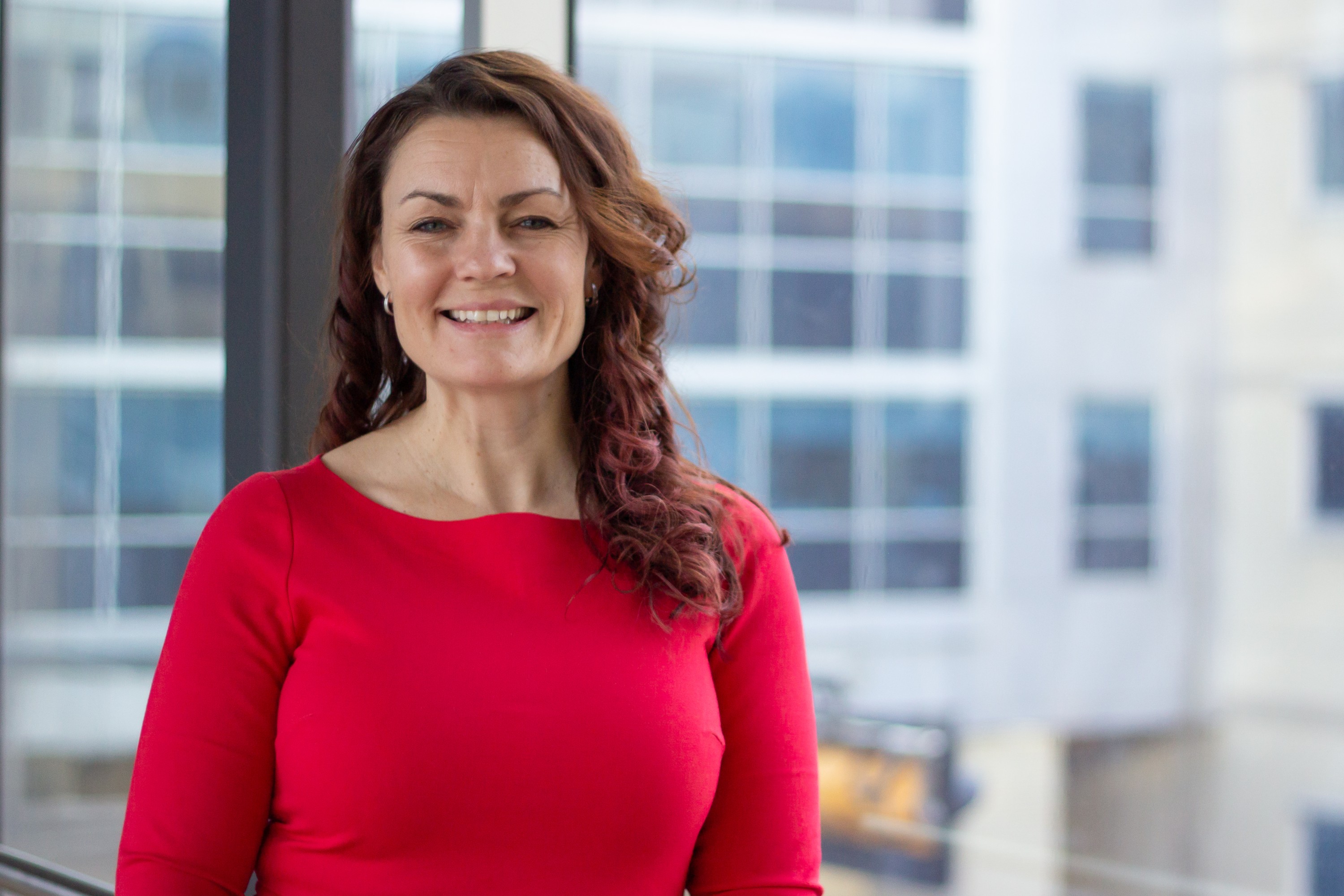To appreciate the success of the University of Alberta’s Fyrefly Institute for Gender and Sexual Diversity, just look to the numbers.
Formerly known as the Institute for Sexual Minority Studies and Services, the non-profit organization housed in the Faculty of Education serves more than 10,000 people in communities throughout Alberta — all participating in robust programming to help 2SLGBTQ+ youth grow into healthy, happy and resilient adults.
Just one of Fyrefly’s programs —supporting homeless gender and sexually diverse youth — is the Community Health Empowerment & Wellness Project (C.H.E.W).
It serves a population that feels unsafe in city shelters, where the youth are often bullied or beaten up. So they just “float” outside, sleeping wherever and whenever they can, says project co-ordinator Corey Wyness, known on the street as “the gay Yoda” for his role as the wise mentor who fixes everything.
“Last year C.H.E.W. had almost 6,000 touch points, where we met or welcomed somebody and did something for them,” says Fyrefly’s executive director, Glynnis Lieb.
Since 2014, the drop-in centre, or “outpost,” in downtown Edmonton's Oliver neighbourhood has been offering no-cost counselling, crisis intervention, Indigenous peer support, and community outreach for sexually transmitted infection testing, as well as clothing, food and help navigating the justice system.
C.H.E.W.’s mandate also involves increasing awareness and building relationships with city police. Fyrefly recently struck a warrant agreement with the Edmonton Police Service, by which police contact the centre before arresting youth on the street, with a view to finding alternative resolutions, says Lieb.
“We’ve worked really hard over the past few years to build our relationships more fulsomely in the broader community,” says Lieb.
Along with EPS, a short list of those community partners includes the Calgary Centre for Sexuality, Boyle Street Community Services, Nék̓em: To Change Something, and the Pride Centre of Edmonton.
Established two decades ago as the only institute of its kind in Canada, Fyrefly offers services that are broad and far-reaching. They include personal leadership retreats for queer and trans youth, an educational initiative called Fyrefly in Schools aimed at reducing discrimination against gender and sexually diverse youth in Alberta schools, professional development programming for teachers and free counselling for 2SLGBTQ+ youth, their families and caregivers.
Another program called Where the Rivers Meet introduces students to culturally relevant teachings based on Indigenous knowledge, including traditional and contemporary perspectives on Indigenous gender and sexual diversity.
Despite those vital links to communities across the province, Fyrefly has still sometimes been mistakenly seen as exclusively devoted to research, out of touch with life on the street.
“We were seen as very academic and academic only, and that isn’t who we are,” says Lieb.
It’s one reason the institute decided to rebrand late last year under a new name, one that updates the language of sexual and gender identity — emphasizing diverse sexualities and genders rather than minorities — but also corrects the ivory-tower misconception.
Even Fyrefly’s research has always directly benefited its community partners. Lieb points to a project in partnership with the School of Public Health examining discrimination against trans women looking for basic health services.
“It's trying to get a dentist who will treat you with respect, or just getting medication for an ear infection. Those things are often insurmountable for trans folk — they fear how they'll be treated.”
That research played a part in creating the LGBTQ+ Wellness Centre, says Lieb, to provide a “one-stop shop” for health services, including psychiatry, family medicine, endocrinology, uro-gynecology, gynecology, psychology nursing, social work and peer support.
The ace up Fyrefly’s sleeve is ensuring that all of their community service is evidence-based and informed by research.
“In everything we do, we make sure we're partnering with somebody in the community and sharing our resources with them,” says Lieb.
